Here's why a telecom analyst expects neither the states nor T-Mobile to appeal the judge's decision

As the U.S. wireless industry awaits a decision from U.S. District Court Judge Victor Marrero that will determine whether the T-Mobile-Sprint merger can close, analysts at New Street Research believe that the judge's ruling will be the final word on the matter (more on that in a moment). After a two-week non-jury trial, closing arguments were heard on January 15th and Judge Marrero is expected to deliver his decision next month.
The suit was brought by 14 state attorneys general and the attorney general of Washington D.C. because they fear that without Sprint, the number of major wireless providers in the states drops by 25% and will allow the three surviving carriers to raise prices. There are several reasons why these arguments seem ridiculous. First of all, as part of the concessions it made to get the FCC to approve the transaction, T-Mobile promised not to raise prices for three years after the deal closes.
A standalone Sprint is unlikely to repeat T-Mobile's amazing turnaround
And if the merger is approved, a $5 billion deal between Sprint and Dish Network will help turn the satellite television provider into a "fourth nationwide facilities-based network competitor." The argument made by the states for both of these issues is that companies can lie, and Dish has never sold wireless service before. The latter argument is true, but with 9.3 million customers, 400 employees, 7,500 retail stores and a seven-year MVNO deal with T-Mobile, Dish will be starting its wireless division in pretty good shape.
What also doesn't seem to make sense is the states' argument that Sprint can still make it as a standalone company because T-Mobile made an amazing turnaround starting in 2012. Yes, T-Mobile is now the fastest-growing and most innovative of the major carriers in the U.S. But it also received $3 billion, a seven-year 3G roaming deal and 128 AWS markets from AT&T after the Justice Department blocked a $39 billion merger between AT&T and T-Mobile. The terms of the merger called for the latter to receive this consolation package if the deal didn't go through. In addition, naming John Legere CEO in September 2012 was perhaps the biggest move T-Mobile made. Sorry, but we can't imagine that Legere would ever join a standalone Sprint. And since he is one of a kind, Sprint might never be able to find an executive with Legere's unique talents to lead it out of the basement.
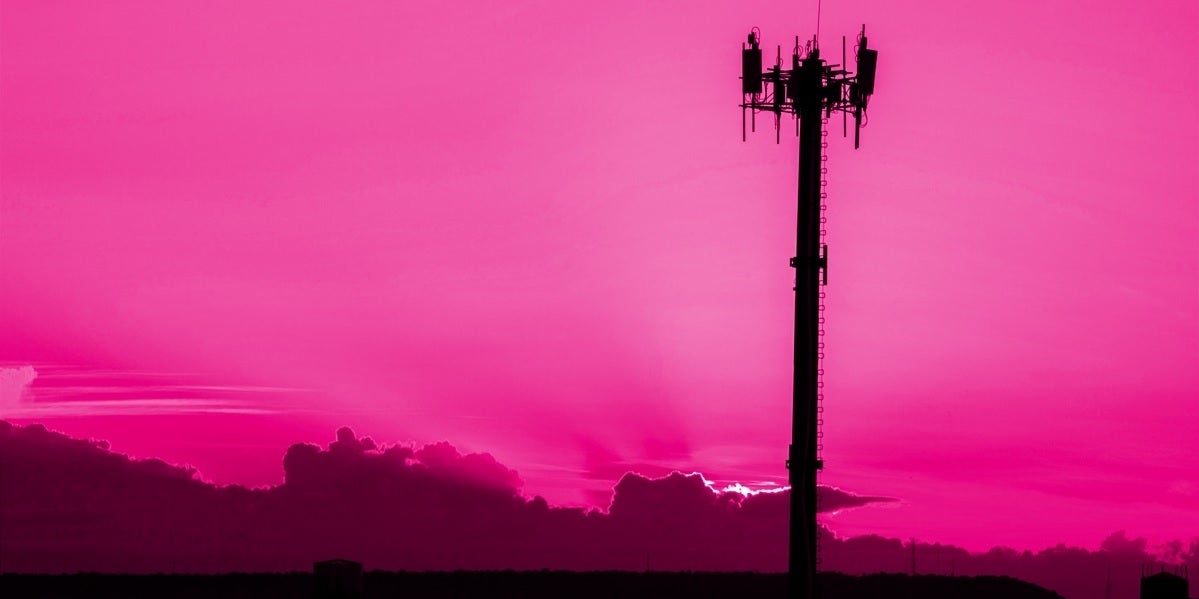
T-Mobile needs Sprint's 2.5GHz spectrum to enhance its nationwide 5G network
Whichever side loses the case would normally seek to appeal the decision. According to Fierce Wireless, New Street analyst Blair Levin told clients in a note sent on Monday that "we think an appeal is unlikely. In the case of the states, we think that if the judge rules against them, the combination of a low likelihood of victory and political considerations probably weigh against appealing." However, Levin believes that if Judge Marrero says in his decision that the courts should defer to the decisions made by the FCC and the Department of Justice, the states would then be forced to appeal "to overturn what we think would be (a) new and problematic law for the states."
As for the carriers, Levin wrote, "We think that if the judge rules against them, he can do so in a way in which the odds of overturning the decision are very low. Moreover, both T-Mobile and Sprint would have business reasons for wanting to have clarity about the prospects of the merger before they, and all the other potential users of spectrum, have to commit to purchasing spectrum in the upcoming CBRS and C-Band auctions."
This goes back to T-Mobile's reason for wanting to merge with Sprint. The latter owns a hoard of mid-band 2.5GHz spectrum that T-Mobile covets. As Legere said under oath during the trial, with the merger T-Mobile will "triple the total 5G capacity of standalone T-Mobile and Sprint combined." If the deal doesn't go through, Legere says that in some markets, T-Mobile will "exhaust capacity in the next two to four years."
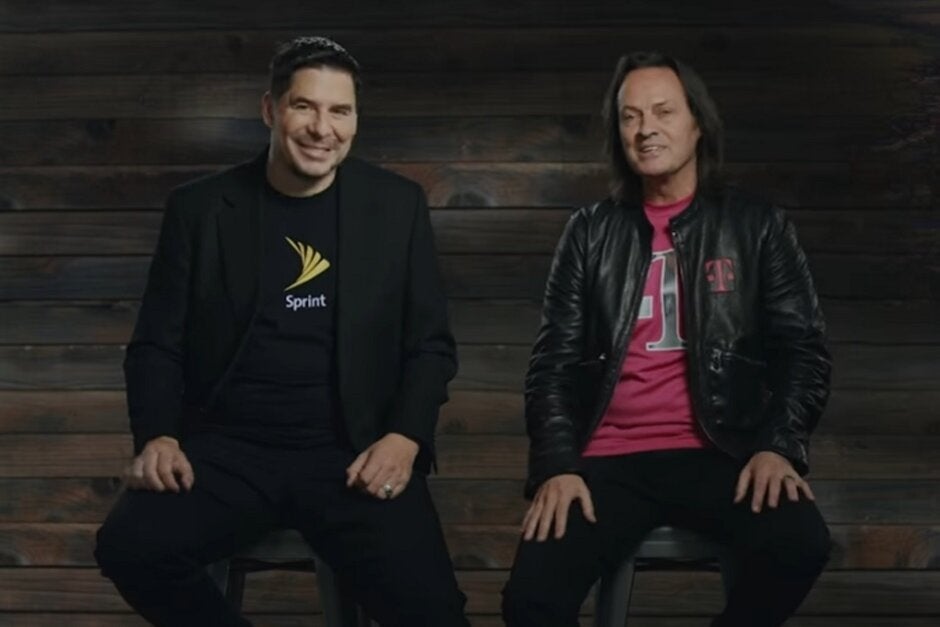
It has been 268 days since T-Mobile and Sprint announced the merger
The FCC plans two spectrum auctions this year. The Citizens Broadband Radio Services (CBRS) auction will take place on June 25th, 2020. These 3.5GHz airwaves can be used without purchasing a license although the U.S. Navy gets priority. Carriers can still purchase priority licenses for what is essentially Band 48 in the U.S. and that will be done through the auction. And before the end of the year, the FCC hopes to auction off spectrum in the C-Band. This would cover airwaves in the 3.7GHz-4.2GHz range.
As New Street's Levin pointed out to clients, T-Mobile and Sprint would like clarity on the merger before they commit to the auction. The analyst notes that on average, it takes 11.3 months in the second circuit for an appeal to reach a decision. As a result, "it is impossible for the appeal to be over before the CBRS auction, and highly likely an appeal would still be pending as the C-Band auction begins. There are business reasons to continue the appeal, but we believe the reasons on the other side of the ledger are more compelling."
Follow us on Google News








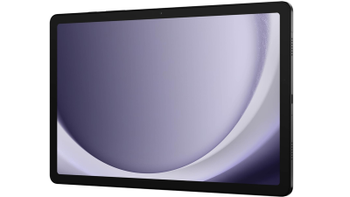
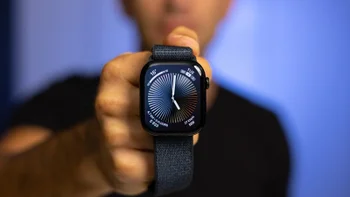
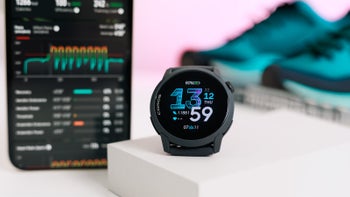
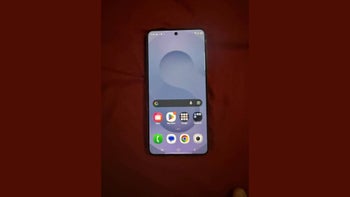
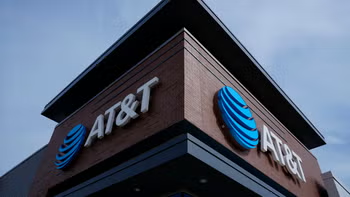
Things that are NOT allowed:
To help keep our community safe and free from spam, we apply temporary limits to newly created accounts: